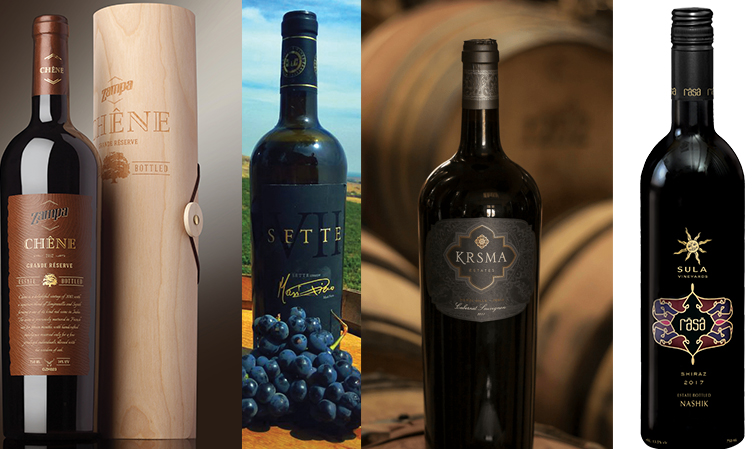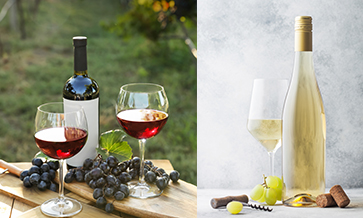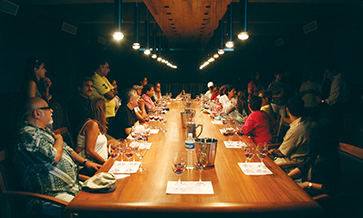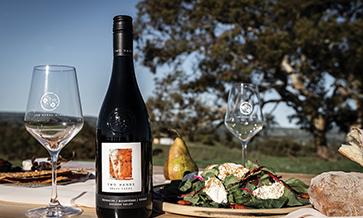Did you know that the history of wine in India goes back to the Maurya Dynasty, more than 300 years BC? Emperor Chandragupta Maurya used to enjoy local white wine (Chhabri) and red wine (Anarkali).
Indians have been enjoying wines for many centuries. As time passed, wines got lost and we became a brown spirits country. However, the times are changing and so are people’s choices. Millennials now enjoy wines now more than before.
This festive and winter season here are some of the best and value-for-money Indian reds to keep you warm and tantalize your taste buds. Trust me, Indian wines have come a long way and definitely deserve the respect!
Enjoy this winter season with these spectacular reds of India with your loved ones. Remember to use correct glassware: Big belly red wine glasses.
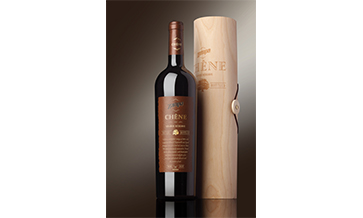
Grover Zampa’s Chêne Grande Réserve
Chêne is a French oak tree, and the same can be felt when you touch the label: woody. This elegant red wine of India, which has won many international accolades, is aged in French oak barrels for about 15 months.
I consider this as an exotic wine since it is a blend of a Spanish and French grape, Tempranillo and Shiraz respectively. There are spicy notes with luscious dark chocolate, liquorice and roasted coffee. And with every sip there is a burst of blackberries and dark plums.
Suggested decanting: at least 30 minutes.
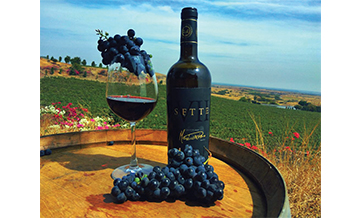
Fratelli Sette
Known for its aroma and longevity, intense flavours of vanilla and dark berries is what you will savour with every sip. Sette is a blend of Italian Sangiovese and French Cabernet Sauvignon grapes and is for matured drinkers who know the Tuscan flavours well.
This is a dream wine of 7 Italian brothers, hence the name Sette. The blend is barrel-aged and matured in French oak.
Suggested decanting: 50 minutes. You could extend the decanting for about 90 minutes if you have the time.
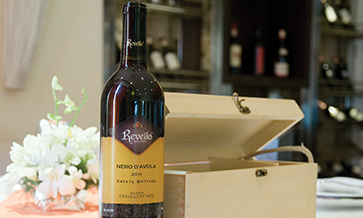
Reveilo Nero d’ Avola
This is a quaint winery which produces some very exotic wines. And my favourite is the Nero d’ Avola. A Sicilian grape which travelled to Nashik, has grown well as the climate of the regions are close. The wine has aromas and flavours of red fruits like cherries and strawberries, with hints of spices like black pepper and cloves.
The finish is pleasing and makes you want more of it. This is an easy drinking Indian wine which can be enjoyed either on its own or with food. It is enjoyed because of its simplicity and neat flavours.
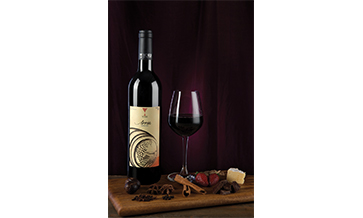
York Arros
Arros is an expression of how modern wine makers like to make their wines: complex, yet relatable to the Indian palette. This well-structured wine hails from Nashik and is very expressive.
The wine is aged in new and old French and American oak barrels and is a blend of Shiraz and Cabernet Sauvignon. The palate has jammy, sweet vanilla and Christmas cake characters with hints of nutmeg, cloves, black currant and coffee. It is an ideal aperitif wine to share with your friends or loved ones.
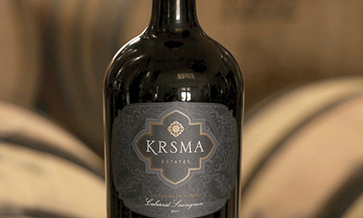
Krsma Cabernet Sauvignon
This wine is not known to many of us; but trust me, it is actually a spectacular Indian wine. It comes from a boutique winery called Krsma, in the Tungabhadra valley near Hampi, Karnataka.
Available only in Bengaluru and Hyderabad, Krsma should definitely be a must Indian wine to drink this winter.
This Cabernet is bold, yet beautiful, and subtle, yet loud. The wine is complex and displays various characters like blackberries, dark cherries, leather, chocolate, oak and much more. You will for sure experience many layers of nuances and flavour profiles in this wine with every sip.
Suggested decanting: at least 50 minutes.
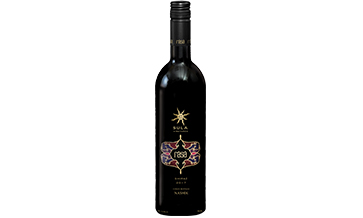
Sula Rasa Shiraz
One of India’s premium reserves, Shiraz is a very bold grape which is known for its white pepper aromas and taste. As an Indian Shiraz it also displays smoky, oaky, vegetal notes.
Rasa Shiraz rests well for 12 months in French oak barrels before it sees the world. The wine is definitely a food wine and can be enjoyed with meats or cheeses.
Suggested decanting: at least 30 minutes.











